Home>Interior Design>Bamboo Vs Tencel Sheets: Experts Uncover Which Is Better
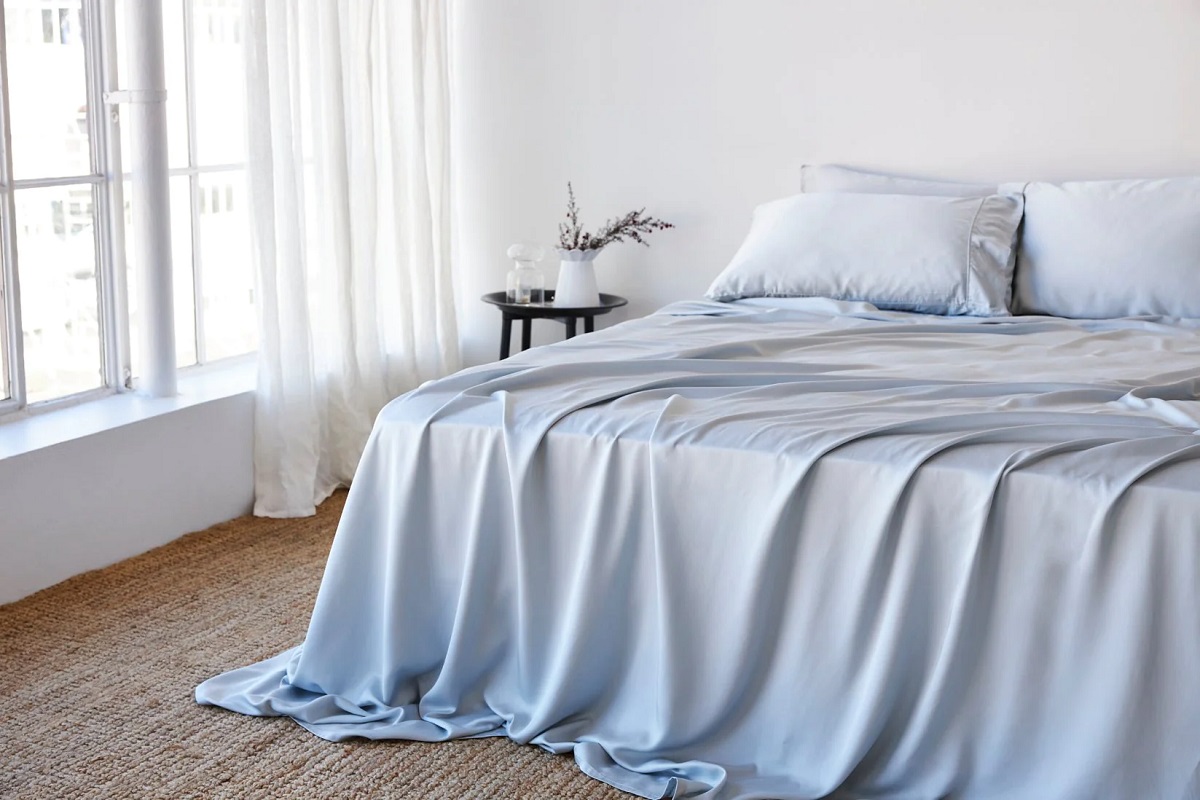

Interior Design
Bamboo Vs Tencel Sheets: Experts Uncover Which Is Better
Modified: September 1, 2024
Discover which is better for interior design: bamboo or Tencel sheets. Get insights from experts on choosing the perfect bedding option.
(Many of the links in this article redirect to a specific reviewed product. Your purchase of these products through affiliate links helps to generate commission for Storables.com, at no extra cost. Learn more)
Introduction
Welcome to the world of luxurious and sustainable bedding! When it comes to choosing the best sheets for your bed, there are numerous options available in the market. Two popular choices that have gained significant attention are bamboo sheets and Tencel sheets. These materials offer a unique blend of comfort, durability, and eco-friendliness, making them highly sought after by interior design enthusiasts and environmentally-conscious individuals alike.
Both bamboo and Tencel sheets have their own set of features and benefits that cater to different preferences. In this article, we will delve into the characteristics of each type of sheet to help you uncover which option might be better suited for your needs.
Whether you prioritize comfort, environmental impact, or cost, understanding the qualities of both bamboo and Tencel sheets will empower you to make an informed decision that aligns with your values and preferences. So, let’s dive into the details and explore the world of bamboo and Tencel sheets!
Key Takeaways:
- Luxurious Comfort and Sustainability
Bamboo and Tencel sheets offer unparalleled softness, temperature regulation, and eco-friendliness. Whether you prioritize comfort or sustainability, both options provide a luxurious and environmentally-conscious sleep experience. - Personalized Choice for Quality Sleep
The choice between bamboo and Tencel sheets ultimately comes down to personal preferences and priorities. With exceptional comfort, durability, and eco-friendliness, both options offer a tailored solution for quality bedding.
Read more: Bamboo vs Cotton Sheets: Which is Better?
What are Bamboo Sheets?
Bamboo sheets are made from the fibers of the bamboo plant. Bamboo is a fast-growing, renewable resource that requires no pesticides or herbicides to grow, making it an eco-friendly choice for bedding materials.
One of the key features of bamboo sheets is their incredible softness. The bamboo fibers undergo a process where they are shredded and transformed into a pulp. This pulp is then spun into viscose rayon threads, which are woven to create the fabric for bamboo sheets. The result is a silky-smooth texture that feels luxurious against the skin.
Bamboo sheets are also known for their excellent temperature regulation properties. The fabric has natural breathability, allowing air to circulate, keeping you cool in hot weather and warm during colder nights. This makes bamboo sheets ideal for those who experience night sweats or have trouble regulating their body temperature.
Furthermore, bamboo sheets have excellent moisture absorption capabilities. The fabric absorbs moisture more efficiently than cotton, wicking away sweat and keeping you dry throughout the night. This not only enhances your comfort but also helps to prevent the growth of bacteria and odor.
In terms of durability, bamboo sheets are quite robust. They are known to be more durable than many other types of sheets, including cotton. Bamboo fibers have a natural strength and resilience that allows the sheets to withstand regular use and washing without losing their softness or integrity.
Lastly, bamboo sheets are hypoallergenic, making them suitable for those with allergies or sensitive skin. The natural properties of bamboo help to repel dust mites, mold, and bacteria, creating a cleaner and healthier sleeping environment.
Overall, bamboo sheets offer a combination of luxury, sustainability, and comfort. They are a popular choice for individuals who want to embrace the benefits of eco-friendly materials without compromising on quality.
What are Tencel Sheets?
Tencel sheets are made from the fibers of sustainably sourced wood pulp, typically from eucalyptus trees. The wood pulp is dissolved in a non-toxic solvent and then spun into fibers, which are woven into fabric to create Tencel sheets.
One of the standout features of Tencel sheets is their exceptional softness. The individual fibers are incredibly fine and smooth, resulting in a luxurious and silky feel against the skin. It’s like wrapping yourself in a cloud of comfort every time you slide into bed.
Tencel sheets also excel in temperature regulation. The fibers have impressive moisture-wicking properties that efficiently absorb and release moisture, helping to keep you dry and cool throughout the night. This makes Tencel sheets an excellent choice for hot sleepers or those living in warm climates.
Similar to bamboo sheets, Tencel sheets also have excellent moisture absorption capabilities. The fibers can absorb moisture up to 50% more effectively than cotton, ensuring a dry and comfortable sleeping environment.
Durability is another advantage of Tencel sheets. The fibers are known for their strength and resilience, making the sheets resistant to wear and tear. Tencel sheets can withstand frequent washing without losing their softness or shape, making them a long-lasting investment.
In terms of sustainability, Tencel sheets are highly regarded. The production of Tencel involves a closed-loop system, which means that the solvents used in the process are recycled and reused. Additionally, the eucalyptus trees from which the wood pulp is derived are grown sustainably, requiring minimal water and land resources. Tencel sheets are biodegradable, making them an eco-friendly choice for those conscious about reducing their environmental impact.
Tencel sheets are also hypoallergenic and gentle on sensitive skin. The smooth and silky fibers are less likely to irritate the skin and are resistant to the growth of bacteria and allergens, allowing for a cleaner and healthier sleep environment.
In summary, Tencel sheets offer a luxurious and eco-friendly bedding option. With their softness, breathability, durability, and sustainability, Tencel sheets have become a popular choice for individuals looking for a comfortable and environmentally-conscious sleep experience.
Comparison of Bamboo and Tencel Sheets
Now that we have explored the features and qualities of both bamboo and Tencel sheets, let’s compare them side by side to help you make an informed decision:
- Comfort and Softness: Both bamboo and Tencel sheets are renowned for their luxurious softness and silky-smooth feel. The choice between the two ultimately comes down to personal preference, as some individuals may favor the texture of bamboo sheets while others may prefer the gentle touch of Tencel sheets.
- Temperature Regulation: Both types of sheets excel in temperature regulation. Bamboo sheets are naturally breathable and allow for air circulation, keeping you cool in warm weather and warm in cooler temperatures. Tencel sheets also have impressive moisture-wicking properties, helping to prevent overheating and keep you dry and comfortable.
- Moisture Absorption: Bamboo sheets have superior moisture absorption capabilities, making them an ideal choice for those who experience night sweats or live in humid climates. However, Tencel sheets are also highly efficient at absorbing and releasing moisture, ensuring a dry and comfortable sleeping environment.
- Durability and Longevity: Both bamboo and Tencel sheets are known for their durability. Bamboo sheets have natural strength and resilience that allow them to withstand regular use and washing without losing their softness. Tencel sheets are also highly durable and can maintain their quality even after frequent washing.
- Environmental Impact: When it comes to sustainability, both bamboo and Tencel sheets are eco-friendly choices. Bamboo is a fast-growing and renewable resource, while Tencel is derived from sustainably sourced wood pulp. Both options require minimal pesticides and herbicides compared to conventional cotton sheets. Additionally, Tencel sheets have a closed-loop production process, ensuring minimal waste and water usage.
- Hypoallergenic Properties: Both bamboo and Tencel sheets are naturally hypoallergenic, making them suitable for individuals with allergies or sensitive skin. They repel dust mites, mold, and bacteria, creating a cleaner and healthier sleep environment.
- Cost: The price point of bamboo and Tencel sheets may vary depending on the brand and quality. Generally, Tencel sheets tend to be slightly more expensive than bamboo sheets. However, considering the durability and longevity of both options, they can be seen as an investment in long-term comfort.
In the end, the choice between bamboo and Tencel sheets boils down to personal preferences, priorities, and budget. While bamboo sheets offer a blend of comfort, durability, and eco-friendliness, Tencel sheets provide a luxurious feel and sustainability in a different way. Whichever option you choose, both bamboo and Tencel sheets offer an excellent choice for quality bedding that promotes comfort and harmony with the environment.
Comfort and Softness
When it comes to bedding, comfort and softness are key factors in creating a cozy and inviting sleep environment. Both bamboo and Tencel sheets are renowned for their luxurious feel, but they offer slightly different experiences.
Bamboo sheets are celebrated for their silky-smooth texture. The fibers undergo a refining process that results in a fabric with a supple and luxurious feel against the skin. Many individuals find bamboo sheets to be incredibly soft and soothing, contributing to a restful night’s sleep.
On the other hand, Tencel sheets are often described as having a gentle and silky feel. The fibers used in Tencel sheets are finer and more delicate compared to bamboo. This gives Tencel sheets a slightly different texture that some individuals may find even more luxurious and comforting.
The choice between bamboo and Tencel sheets ultimately comes down to personal preference. Some people may prefer the smoothness and sleekness of bamboo sheets, while others may lean towards the gentle and delicate touch of Tencel sheets. It’s worth considering your own sensory preferences and how different textures feel against your skin before making a decision.
Furthermore, both bamboo and Tencel sheets tend to improve in softness with each wash. As the fibers break in and the sheets undergo regular laundering, they become even softer over time. This ensures that you continue to experience a high level of comfort and plushness throughout the lifespan of the sheets.
Ultimately, whether you opt for bamboo or Tencel sheets, you can expect to enjoy a sumptuously soft and comfortable sleep experience. As you explore your options, consider your personal preference for texture and the level of coziness you desire in your bedding.
Read more: Linen vs Cotton: Which Make Better Sheets?
Temperature Regulation
Getting a restful night’s sleep often depends on maintaining an optimal temperature in your bed. Both bamboo and Tencel sheets excel in temperature regulation, providing a comfortable sleep environment in different ways.
Bamboo sheets are naturally breathable, allowing air to circulate through the fabric. This breathability helps to dissipate body heat, keeping you cool in hot weather. The moisture-wicking properties of bamboo sheets also help to absorb and evaporate sweat, preventing discomfort and ensuring a dry and comfortable sleep.
Tencel sheets, on the other hand, are also well-known for their excellent moisture-wicking capabilities. The fibers in Tencel sheets efficiently absorb and release moisture, aiding in temperature regulation. This makes Tencel sheets an excellent choice for those who tend to get hot or experience night sweats. The moisture-wicking properties help to keep you dry and cool throughout the night.
Additionally, Tencel is known to have a higher moisture absorption rate compared to bamboo, allowing it to regulate humidity levels in the bed. This can be particularly beneficial for individuals living in humid climates or those who prefer a more balanced and moisture-free sleeping surface.
Both bamboo and Tencel sheets provide a breathable and moisture-wicking sleep experience, promoting comfortable temperature regulation. However, the choice between the two materials may depend on personal preference and specific needs. If you tend to get hot during the night or live in a warm climate, bamboo sheets may offer the cooling effect you desire. If you prioritize moisture control and live in a humid environment, Tencel sheets might be the better option for you.
Ultimately, whether you choose bamboo or Tencel sheets, rest assured that both materials can contribute to a comfortable and temperature-regulated sleep environment, allowing you to enjoy a peaceful and uninterrupted night’s rest.
When choosing between bamboo and Tencel sheets, consider your personal preferences for softness, breathability, and environmental impact. Bamboo sheets are known for their softness and moisture-wicking properties, while Tencel sheets are praised for their smoothness and sustainable production process.
Moisture Absorption
Moisture absorption is an important aspect to consider when choosing bed sheets, as it can greatly impact your comfort and sleep quality. Both bamboo and Tencel sheets offer impressive moisture absorption capabilities, but they differ in certain aspects.
Bamboo sheets have a natural ability to absorb moisture. The bamboo fibers have micro-gaps that enhance airflow and allow the fabric to pull moisture away from your body. This absorption helps to wick away sweat, keeping you dry throughout the night. The moisture-wicking properties of bamboo sheets also contribute to a cooler sleep experience, as they prevent the buildup of moisture that can lead to discomfort and heat retention.
Tencel sheets, on the other hand, also possess excellent moisture absorption properties. The fibers in Tencel sheets are highly absorbent and can hold up to 50% more moisture than cotton. This helps to regulate moisture levels in the bed and prevents the accumulation of excess humidity. Tencel sheets are particularly beneficial for individuals who perspire heavily or live in humid climates, as they can effectively absorb and release moisture, providing a drier and more comfortable sleep environment.
Both bamboo and Tencel sheets offer significant advantages in moisture absorption, ensuring a dry and comfortable sleep. However, bamboo sheets may have a slight edge in terms of moisture-wicking capabilities, making them an excellent choice for individuals who prioritize breathability and staying cool throughout the night.
It is important to note that both bamboo and Tencel sheets require proper care and maintenance to preserve their moisture absorption properties. Regular washing and following care instructions can help maintain the fabric’s ability to absorb moisture, ensuring that you continue to enjoy a dry and comfortable sleep experience for years to come.
Whether you choose bamboo or Tencel sheets, rest assured that both options offer exceptional moisture absorption, promoting a dry and comfortable sleeping environment throughout the night.
Durability and Longevity
Durability and longevity are important factors to consider when selecting bed sheets, as you want them to withstand regular use and maintain their quality over time. Both bamboo and Tencel sheets are known for their durability, but they possess different characteristics that contribute to their longevity.
Bamboo sheets are renowned for their natural strength and resilience. The bamboo fibers used in the fabric production are inherently strong, allowing the sheets to withstand regular use and washing without losing their softness or integrity. Bamboo sheets can maintain their quality and durability over an extended period, making them a long-lasting investment.
Tencel sheets are also highly durable and can withstand frequent washing and use. The fibers used in Tencel sheets are finer and more delicate, but they are still robust and resistant to wear and tear. The durability of Tencel sheets allows them to maintain their softness, shape, and integrity, ensuring that they continue to provide a comfortable and luxurious sleep experience over time.
Proper care and maintenance are essential for preserving the durability and longevity of both bamboo and Tencel sheets. Following the care instructions provided by the manufacturer, such as using gentle detergents and avoiding harsh chemicals or hot water, can help prolong the lifespan of the sheets.
While both bamboo and Tencel sheets offer long-lasting durability, it’s worth noting that the longevity of the sheets can also depend on the specific quality and construction of the product. Higher thread counts and tighter weaves can contribute to increased durability and enhance the overall lifespan of the sheets.
Ultimately, whether you choose bamboo or Tencel sheets, you can expect to enjoy bedding that remains durable and retains its quality for years to come. With proper care and maintenance, both options can provide you with a comfortable and long-lasting sleep experience.
Environmental Impact
In today’s world, the environmental impact of our choices is a crucial consideration. When it comes to sustainable bedding options, both bamboo and Tencel sheets offer eco-friendly alternatives to conventional materials like cotton.
Bamboo sheets have gained popularity for their minimal environmental footprint. Bamboo is a fast-growing and renewable resource that requires no pesticides or herbicides to grow. It also has a high yield per acre compared to other plants, making it an exceptionally sustainable choice. Additionally, bamboo absorbs more carbon dioxide and releases more oxygen compared to trees, helping to reduce greenhouse gas emissions. This makes bamboo sheets a great option for those seeking bedding that aligns with their eco-conscious values.
Tencel sheets, on the other hand, are made from sustainably sourced wood pulp, typically from eucalyptus trees. The trees used for Tencel production are grown in responsibly managed forests, ensuring minimal impact on the environment. The production process of Tencel involves a closed-loop system, where the solvents used are recycled, minimizing waste and reducing water consumption. Tencel sheets are also biodegradable, meaning they can naturally break down without harming the environment.
Both bamboo and Tencel sheets offer advantages in terms of environmental impact. However, it’s worth noting that the manufacturing processes for both materials may vary between different brands. To ensure that you are choosing the most environmentally friendly option, look for certifications such as the Oeko-Tex Standard 100 or the Forest Stewardship Council (FSC) certification, which guarantee sustainable and responsible production practices.
By choosing bamboo or Tencel sheets, you can contribute to a more sustainable future by reducing your carbon footprint and supporting responsible sourcing and production practices. Whichever option you choose, you can rest easy knowing that your bedding choice is aligned with your commitment to environmental stewardship.
Read more: Porcelain vs Ceramic Tile: Which Is Better
Hypoallergenic Properties
Hypoallergenic bedding is an essential consideration for individuals with allergies or sensitive skin. Both bamboo and Tencel sheets offer hypoallergenic properties, creating a cleaner and healthier sleep environment.
Bamboo sheets have natural antimicrobial and antibacterial properties. The bamboo plant contains a substance called bamboo kun, which helps repel dust mites, mold, and bacteria. This makes bamboo sheets an excellent choice for individuals who suffer from allergies or have respiratory sensitivities. The hypoallergenic nature of bamboo sheets can help reduce the risk of allergic reactions and provide a more hygienic sleeping surface.
Tencel sheets also offer hypoallergenic benefits. The fibers used in Tencel sheets have a smooth surface that is less likely to trap allergens such as dust mites or pollen. This can be especially beneficial for individuals with allergies or skin sensitivities, as Tencel sheets minimize contact with potential irritants.
Both bamboo and Tencel sheets are known for their moisture-wicking properties, which can also aid in creating an inhospitable environment for allergens. By keeping moisture at bay, these sheets help prevent the growth of mold, mildew, and bacteria, which can trigger allergies or worsen existing respiratory conditions.
It is important to note that while bamboo and Tencel sheets are generally hypoallergenic, individual sensitivities may vary. If you have severe allergies or specific concerns, it is recommended to test a small area of the fabric before purchasing the sheets. Additionally, maintaining proper hygiene practices, including regular washing and following care instructions, is essential for maximizing the hypoallergenic benefits of your sheets.
Overall, whether you choose bamboo or Tencel sheets, you can expect to enjoy a sleep environment that is more resistant to allergens and more conducive to a comfortable and healthful rest.
Cost
When it comes to purchasing bedding, cost is often a significant factor to consider. Bamboo and Tencel sheets both offer unique qualities and benefits, but they may differ in terms of price.
Cost-wise, bamboo sheets are generally more affordable compared to Tencel sheets. The availability of bamboo as a renewable resource and its ease of cultivation contribute to its lower price point. Bamboo sheets provide a luxurious and eco-friendly bedding option at a relatively affordable price, making them accessible to a wide range of consumers.
Tencel sheets, on the other hand, tend to be slightly more expensive. The manufacturing process of Tencel involves additional steps and higher quality control standards, which can contribute to the higher cost. However, it’s important to note that the price difference may vary depending on the brand and quality of the sheets.
While the initial cost may be a consideration, it’s worth noting that both bamboo and Tencel sheets offer long-term value. Their durability and longevity ensure that you can enjoy their benefits for an extended period. By investing in high-quality sheets that stand the test of time, you can save money in the long run.
Ultimately, the decision between bamboo and Tencel sheets may involve a balance between cost and the specific benefits you are seeking in your bedding. It’s essential to consider your budget and evaluate the overall value, quality, and lifespan of the sheets before making a decision.
Remember, quality sleep is a vital part of your overall well-being, and investing in high-quality bedding can contribute to better sleep and ultimately enhance your quality of life.
Conclusion
As we conclude our exploration of bamboo and Tencel sheets, it’s evident that both options offer remarkable qualities and benefits. Choosing between the two ultimately comes down to personal preference, priorities, and budget.
Bamboo sheets provide a luxurious sleep experience with their silky-smooth texture, excellent temperature regulation, moisture absorption, and hypoallergenic properties. They are lauded for their durability, sustainability, and affordable price point, making them a popular choice for those seeking comfort, eco-friendliness, and affordability.
Tencel sheets, on the other hand, offer a gentle and silky feel, exceptional temperature regulation, impressive moisture absorption, and hypoallergenic properties. These sheets are recognized for their durability, sustainability, and superior moisture-wicking capabilities. While they may be slightly more expensive, the luxurious and eco-friendly experience they provide makes them a preferred option for individuals committed to luxury and sustainability.
When making a decision, it’s essential to consider your specific needs and preferences. Consider factors such as comfort, temperature regulation, moisture absorption, durability, environmental impact, hypoallergenic properties, and cost. Think about what is most important to you and prioritize accordingly.
Regardless of whether you choose bamboo or Tencel sheets, what remains constant is that both options provide exceptional bedding choices that prioritize comfort, sustainability, and a healthier sleep environment. Both materials offer softness, temperature regulation, moisture absorption, and hypoallergenic properties, allowing you to enjoy a restful and rejuvenating sleep night after night.
Ultimately, the choice between bamboo and Tencel sheets is a personal one. Depending on your specific preferences and needs, you can find the perfect option that aligns with your values and provides you with the comfort and quality sleep you deserve.
So, dive into the world of bamboo and Tencel sheets, explore the various options available, and make a choice that not only enhances your sleep but also reflects your commitment to luxury, sustainability, and a healthier planet.
Frequently Asked Questions about Bamboo Vs Tencel Sheets: Experts Uncover Which Is Better
Was this page helpful?
At Storables.com, we guarantee accurate and reliable information. Our content, validated by Expert Board Contributors, is crafted following stringent Editorial Policies. We're committed to providing you with well-researched, expert-backed insights for all your informational needs.
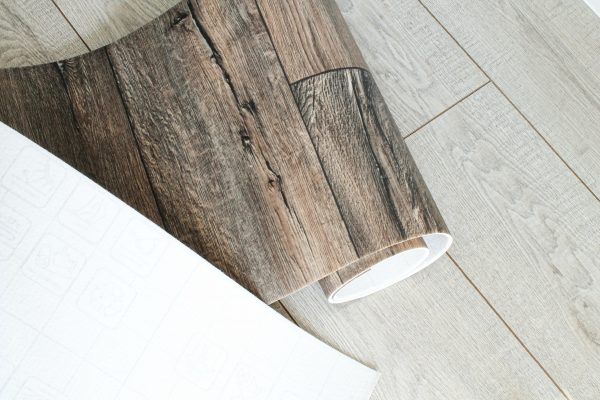

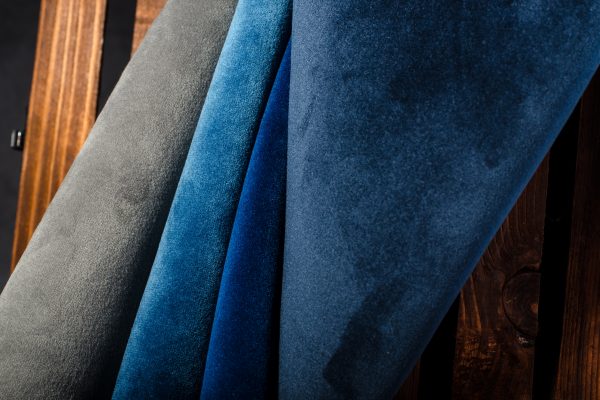
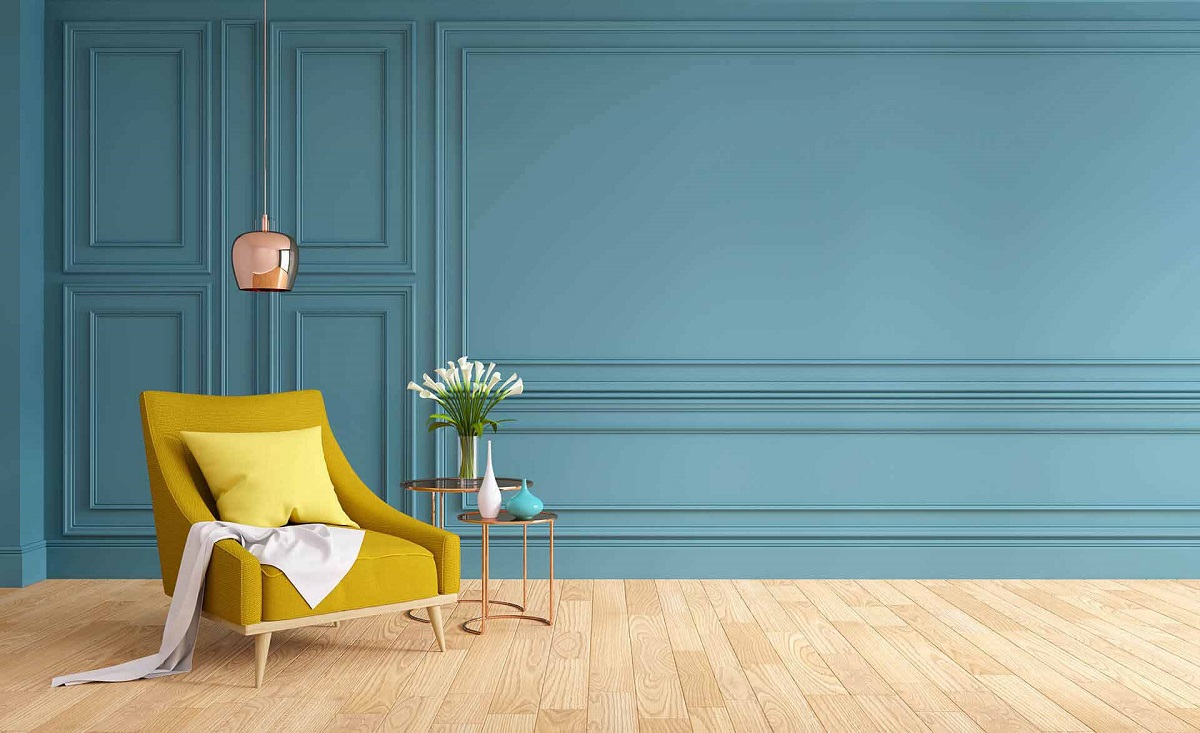
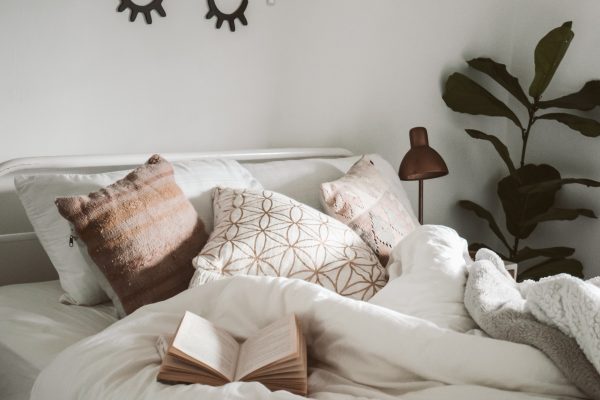


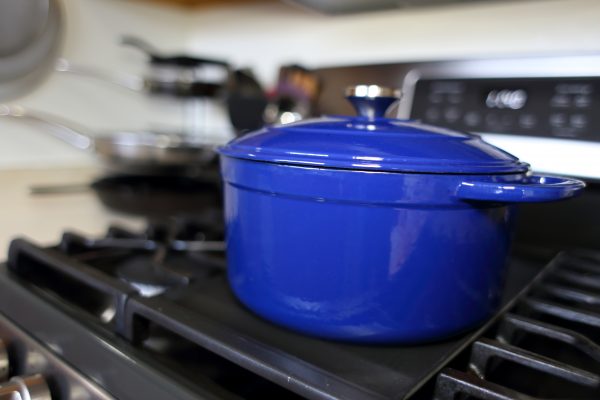
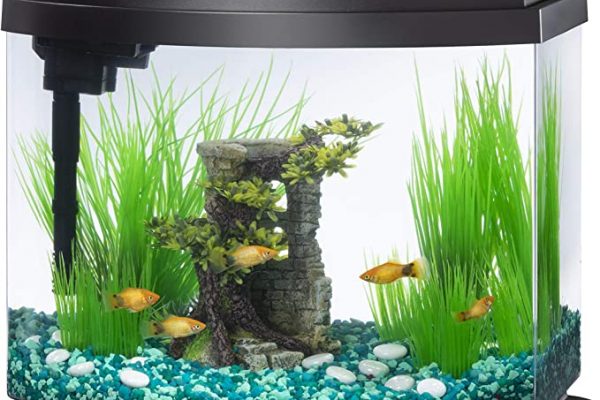

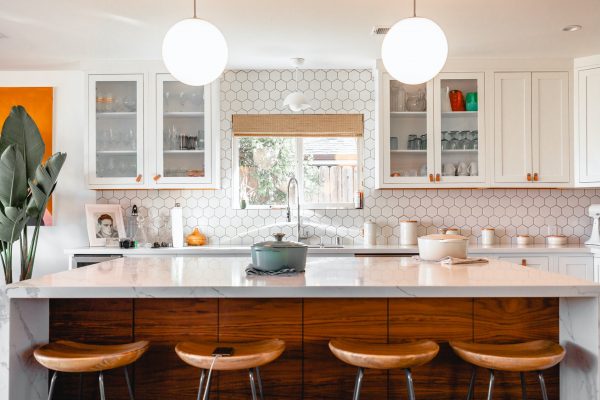

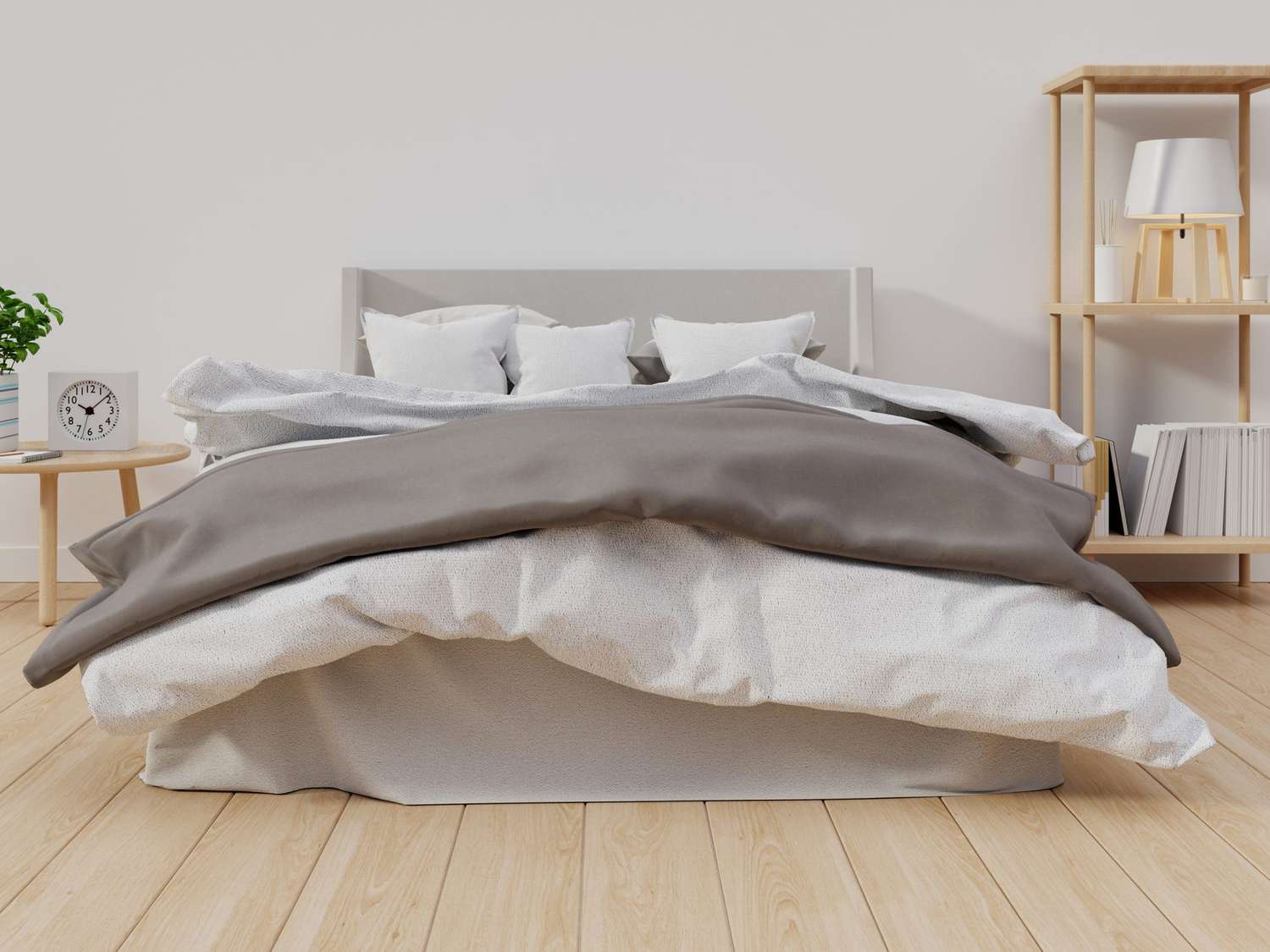

0 thoughts on “Bamboo Vs Tencel Sheets: Experts Uncover Which Is Better”